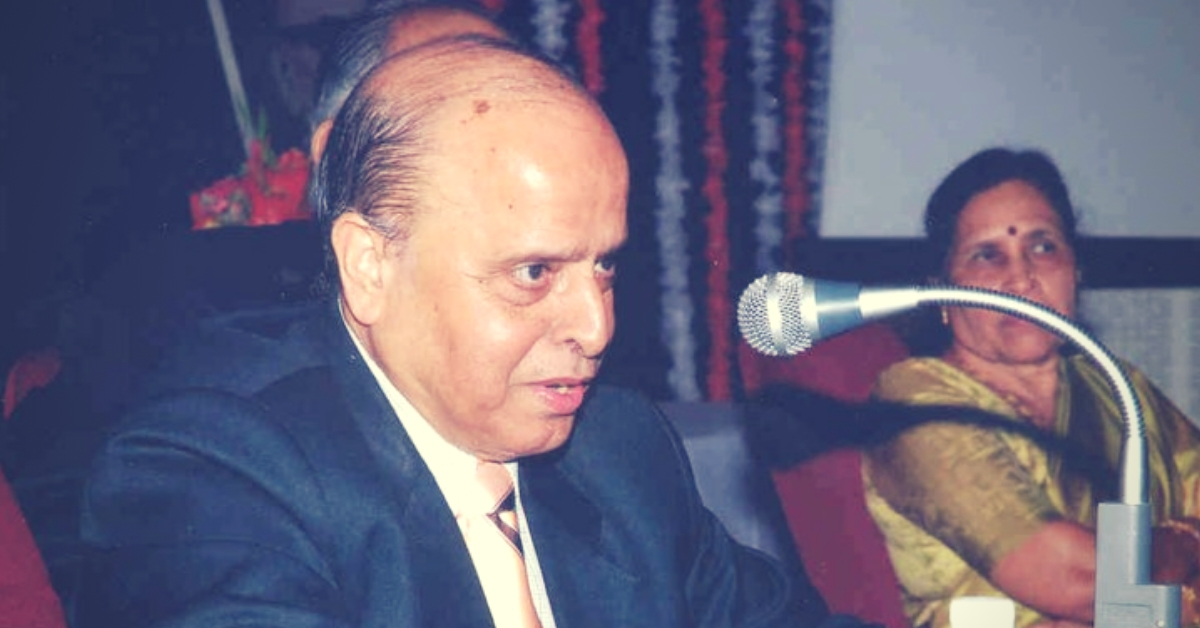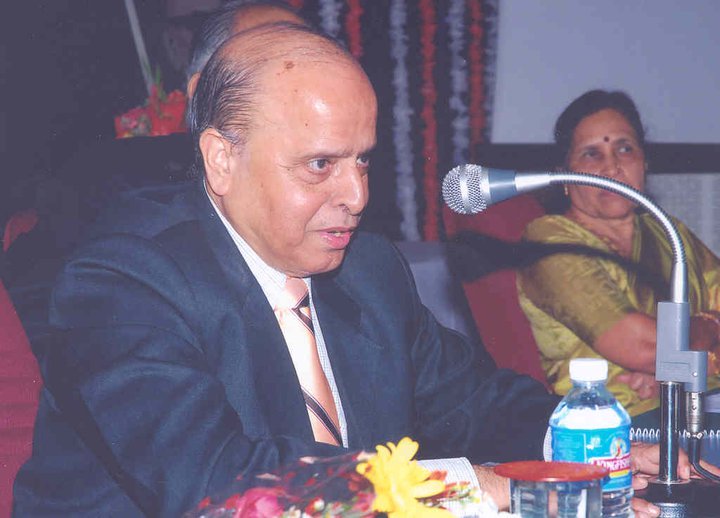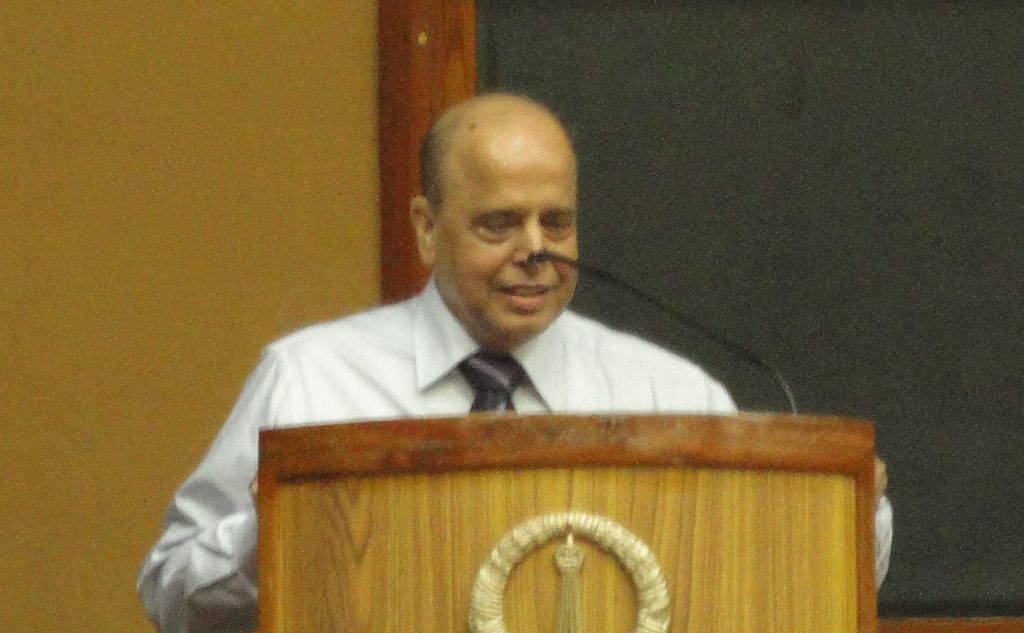Meet the Padma-Winning ISRO Pioneer Who Is Charting India’s Biggest Education Reform!
Awarded the Padma Shri (1982), Padma Bhushan (1992) and Padma Vibhushan (2000), there is very little this celebrated scientist hasn't attained in the domain of space, scientific research and academia.

Krishnaswamy Kasturirangan, former Chairman of the Indian Space Research Organisation, is heading a committee tasked with establishing a new education policy for India.
Set up last June after the Centre rejected an education policy report framed by the committee led by late TSR Subramanian, Kasturirangan and his team will propose India’s first National Education Policy in three decades, a monumental and necessary task.
The policy document will address, among other things, the requirements of the education system from primary to tertiary and how to better inculcate technology and formalise vocational streams of learning. Once a draft of this report is ready, the Ministry of Human Resource Development will put it up for comments from the general public, following which, the Centre will hold discussions with State-level education ministers. The final report will then be tabled before the Union Cabinet.
Initially, the committee was supposed to submit its draft report by June 30. However, it has been given a slew of extensions, and according to Business Standard, the draft report will be submitted by October 31. So, who is K Kasturirangan? Why is he such a big deal?

This article will look to briefly answer these questions.
Receiving his Master of Science (MSc) degree in Physics from the University of Mumbai, and a PhD in Experimental High Energy Astronomy from Gujarat University, Kasturirangan has published over 240 academic papers in fields like astronomy, space science and applications, etc.
However, he is best known for leading operations at ISRO as chairman for nine years (1994-2003). During this time, he oversaw the successful launch and operationalisation of India’s first launch vehicle, the Polar Satellite Launch Vehicle (PSLV) and the successful flight testing of the indigenous Geosynchronous Satellite Launch Vehicle (GSLV).
He also oversaw the design, development and launch of world-class satellites for civilian use, IRS-1C and 1D, second generation and third generation INSAT satellites, and pushed the space agency towards entering the arena of planetary exploration, which eventually laid the foundation for Chandrayaan-1, according to this ISRO tribute.
“As an astrophysicist, Dr Kasturirangan’s interest includes research in high energy X-ray and gamma-ray astronomy as well as optical astronomy. He has made extensive and significant contributions to studies of Cosmic x-ray sources, celestial gamma-ray and effect of cosmic x-rays in the lower atmosphere,” adds ISRO’s profile on the celebrated scientist.

Besides, he has served as General President of the Indian Science Congress, Chancellor at the Central University of Rajasthan and the Jawaharlal Nehru University, Chairman of the Karnataka Knowledge Commission and Director of National Institute of Advanced Studies.
He even served a term in the Rajya Sabha from 2003 to 2009 and was a member of the erstwhile Planning Commission. For his contributions to space and science research, he was awarded the Padma Shri (1982), the Padma Bhushan (1992) and the Padma Vibhushan (2000).
Also Read: Dr Vikram Sarabhai, the Father of the Indian Space Programme
There is very little this celebrated scientist hasn’t attained in the domains of space, scientific research and academia. He even chaired a Centre-appointed committee on how India could save the Western Ghats from environmental destruction. But the report did receive its share of criticism.
However, his focus today is on India’s shortcomings in the education sector and how to address them. Only when the committee report is published can we ascertain its qualities and shortcomings.
India’s education system, which is in desperate need of reform, will look to Kasturirangan and his team to come up with solutions. One hopes that they will deliver.
(Edited by Shruti Singhal)
Like this story? Or have something to share? Write to us: [email protected], or connect with us on Facebook and Twitter.
If you found our stories insightful, informative, or even just enjoyable, we invite you to consider making a voluntary payment to support the work we do at The Better India. Your contribution helps us continue producing quality content that educates, inspires, and drives positive change.
Choose one of the payment options below for your contribution-
By paying for the stories you value, you directly contribute to sustaining our efforts focused on making a difference in the world. Together, let’s ensure that impactful stories continue to be told and shared, enriching lives and communities alike.
Thank you for your support. Here are some frequently asked questions you might find helpful to know why you are contributing?


This story made me
-
97
-
121
-
89
-
167











